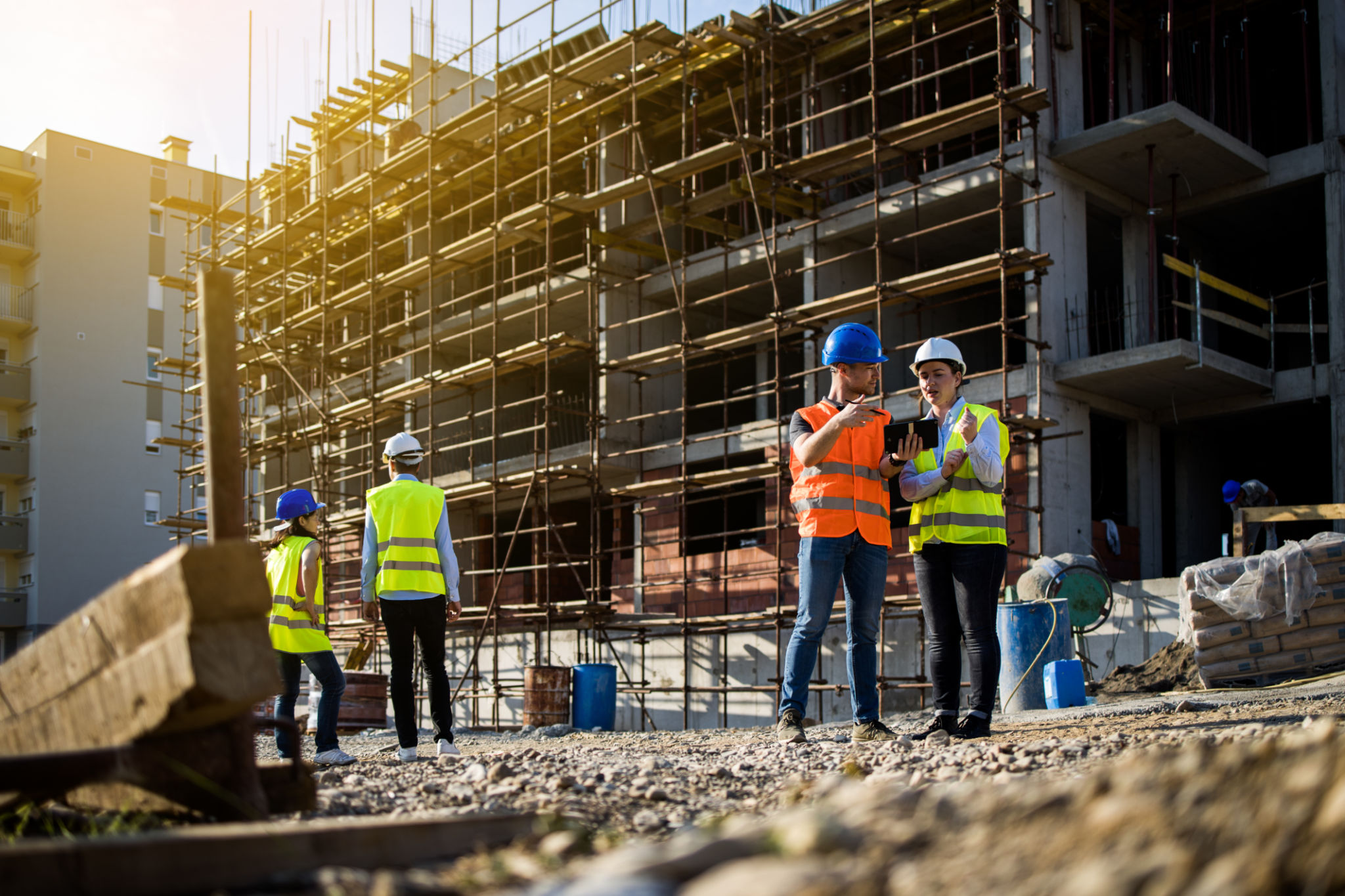Understanding Regional Building Regulations in Edmonton: What Homeowners Need to Know
Introduction to Regional Building Regulations
For homeowners in Edmonton, understanding regional building regulations is crucial when embarking on renovation projects or new constructions. These regulations ensure safety, accessibility, and sustainability, making it essential for homeowners to stay informed and compliant. This guide provides an overview of what you need to know about Edmonton's building codes.
Why Building Regulations Matter
Building regulations serve as a framework that maintains the safety and integrity of structures. In Edmonton, these rules help protect residents by ensuring construction standards are met. Non-compliance can lead to legal issues, financial penalties, and even the need to undo completed work. Hence, being aware of these regulations is vital for all homeowners planning construction activities.
Additionally, following building codes can enhance the value of your property. Buyers are more likely to invest in homes that comply with local standards, ensuring their safety and comfort.

Understanding the Permit Process
Before starting any construction or significant renovation, homeowners must obtain the necessary permits. In Edmonton, the permit process involves submitting detailed plans for your project to ensure they align with building codes and zoning laws. Common permits include development permits, building permits, and trade permits.
The time required for permit approval can vary depending on the complexity of the project and the backlog at the permit office. Early application is recommended to avoid delays in your project timeline.
Key Areas Covered by Building Regulations
Edmonton's building regulations cover a wide range of areas, including structural integrity, fire safety, plumbing, electrical systems, and energy efficiency. Each aspect plays a critical role in ensuring the overall safety and usability of a building.
- Structural Integrity: Ensuring that buildings can withstand environmental stresses.
- Fire Safety: Regulations for fire exits, alarms, and materials used.
- Plumbing and Electrical Systems: Standards for installations to prevent hazards.
- Energy Efficiency: Requirements for insulation and energy-saving installations.

Navigating Zoning Laws
Zoning laws play a crucial role in determining what types of structures can be built in specific areas within Edmonton. These laws dictate the use of land and influence factors such as building height, density, and proximity to property lines. Understanding zoning laws is essential for homeowners to ensure their projects are permissible under city guidelines.
If a project does not comply with zoning laws, homeowners may need to seek a variance or reconsider their plans. Consulting with a professional who understands these laws can be beneficial.
Working with Professionals
Given the complexity of building regulations and zoning laws, many homeowners choose to work with architects or contractors who have experience navigating these requirements in Edmonton. Professionals can help streamline the process by ensuring that all aspects of the project comply with regional regulations.
Hiring experts not only saves time but also provides peace of mind that your project meets all necessary legal standards. They can also assist with submitting permit applications and liaising with the city on your behalf.

Staying Updated with Changes
Building regulations are subject to change as new safety standards and technologies emerge. Homeowners should stay informed about any updates to ensure ongoing compliance with current regulations. The City of Edmonton's website is an excellent resource for the latest information on building codes and permits.
Attending local workshops or seminars can also provide valuable insights into changes in building regulations and offer opportunities to ask questions directly from city officials.
Conclusion
Understanding regional building regulations in Edmonton is an essential part of any construction or renovation project. By familiarizing yourself with these rules and working with knowledgeable professionals, you can ensure your projects are safe, legal, and successful. Remember, staying proactive and informed is key to avoiding complications and enjoying a smooth construction experience.
